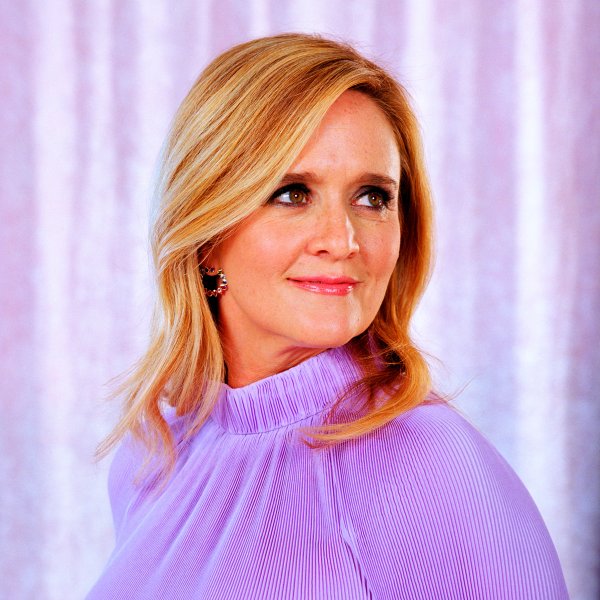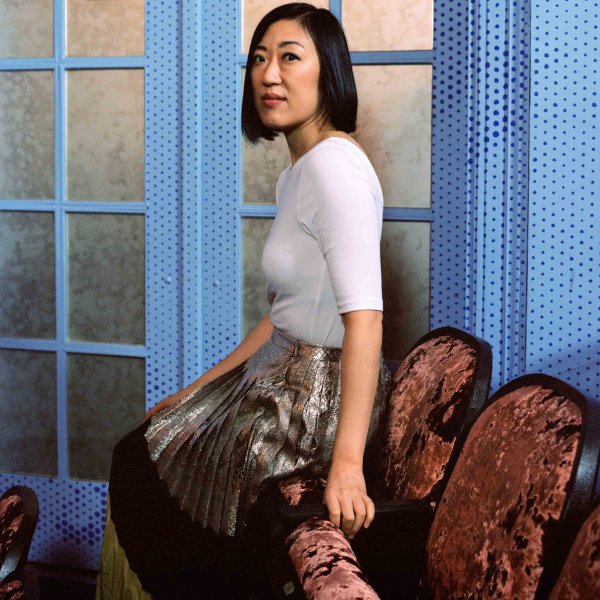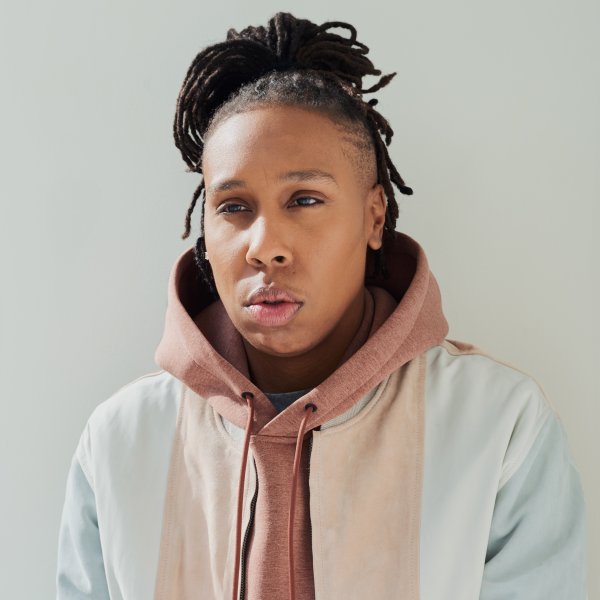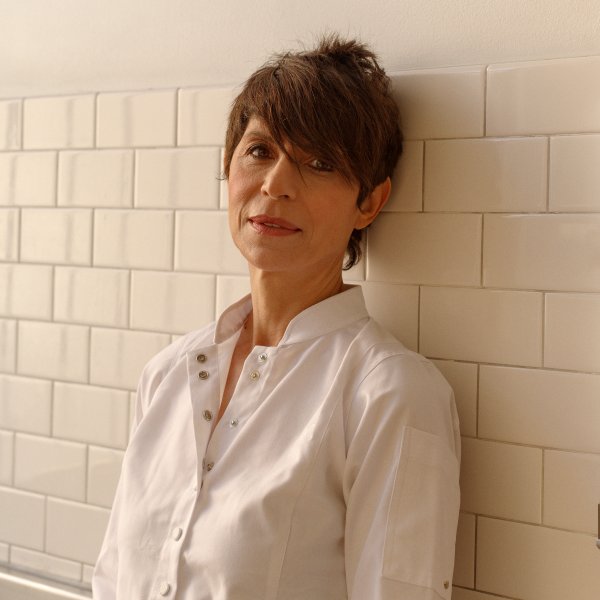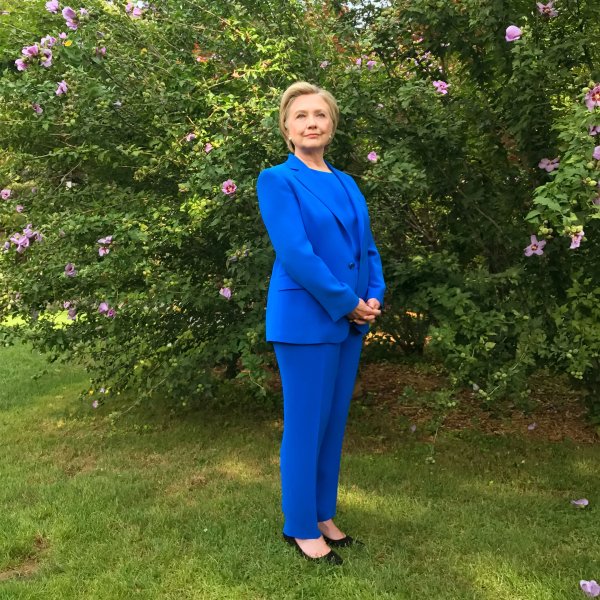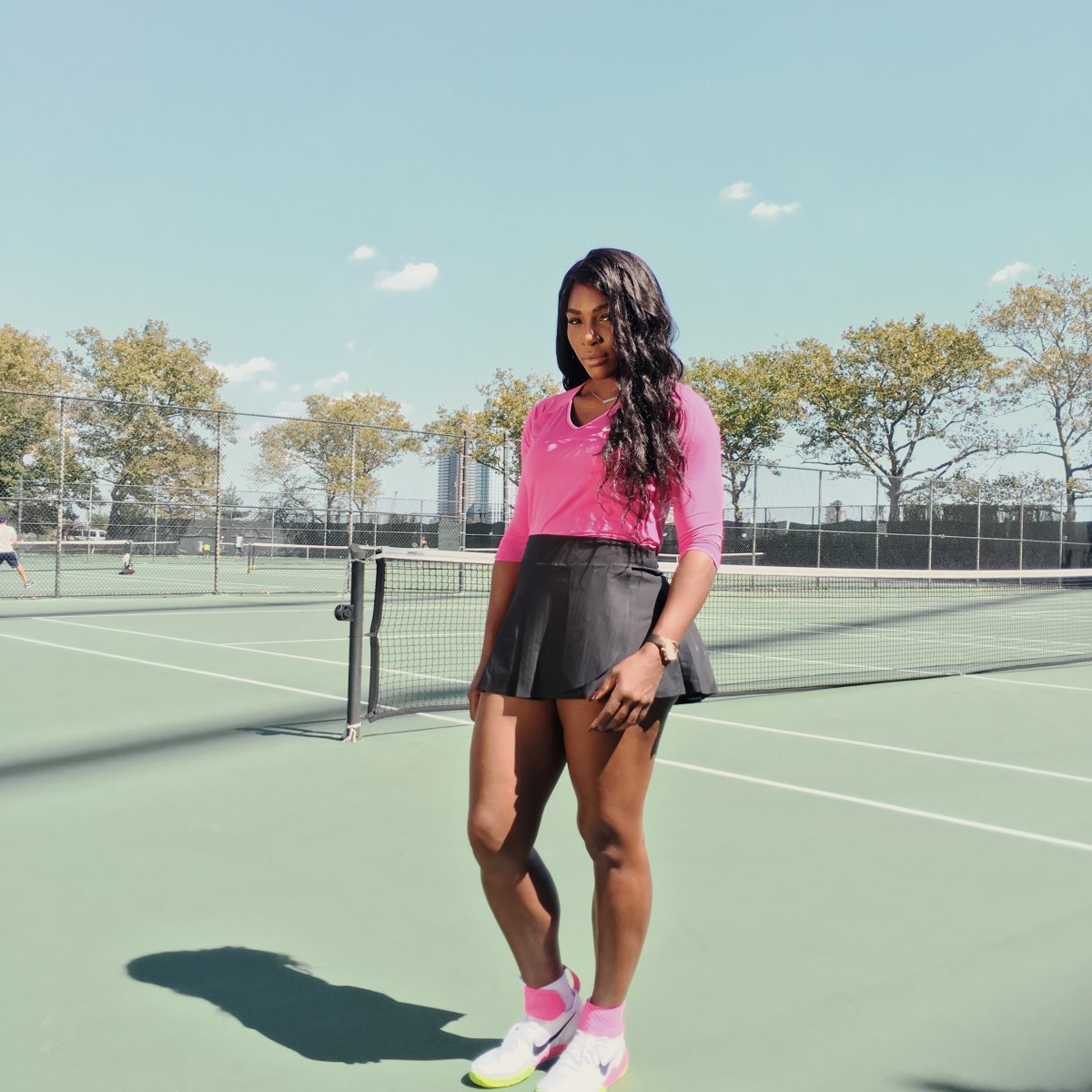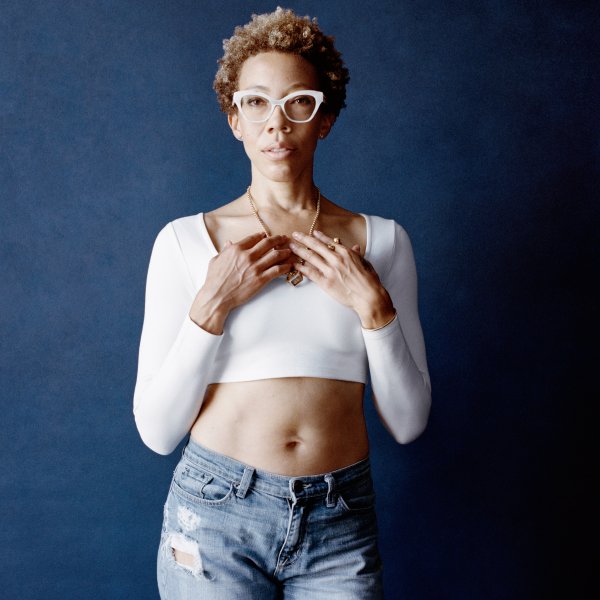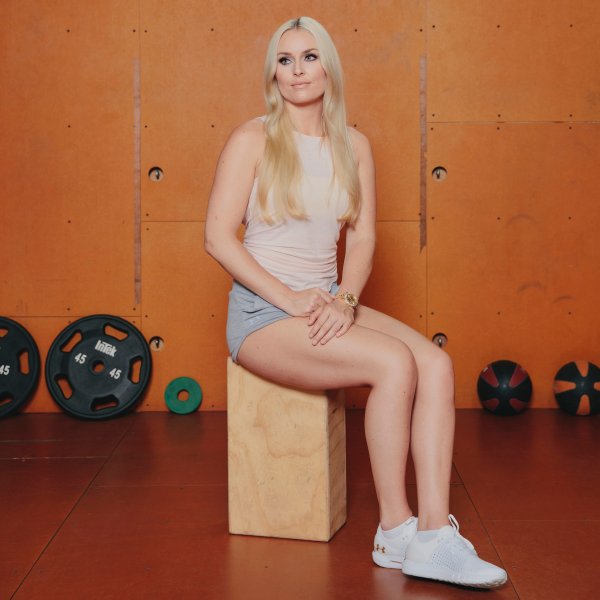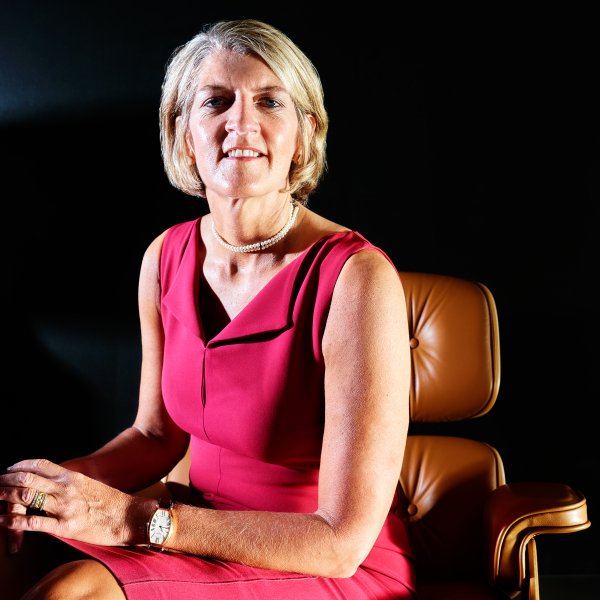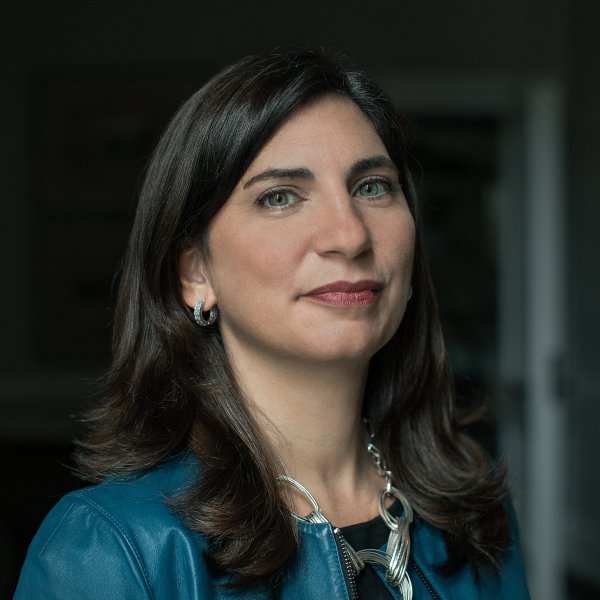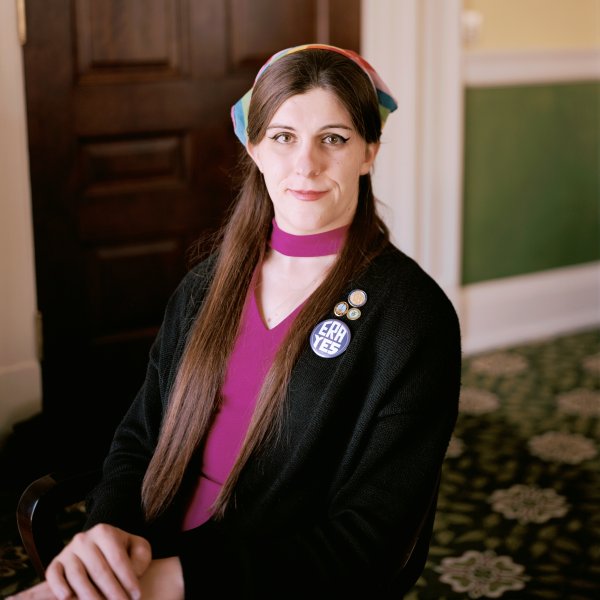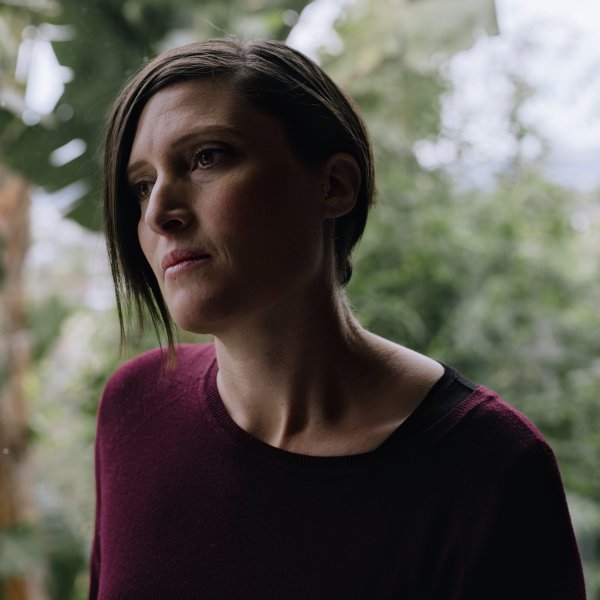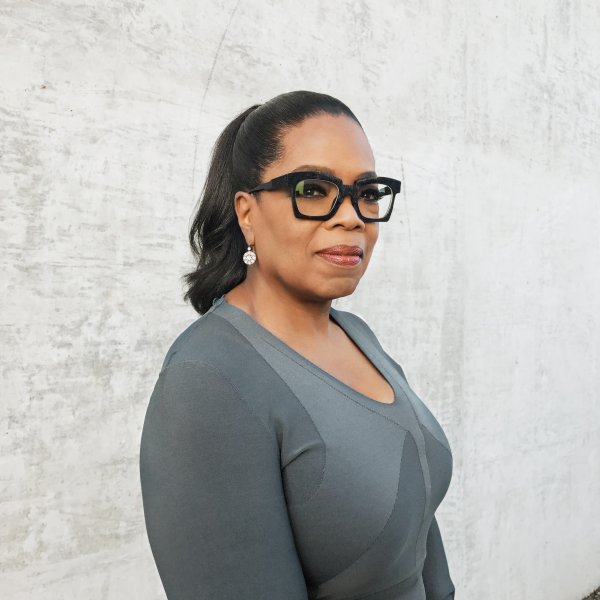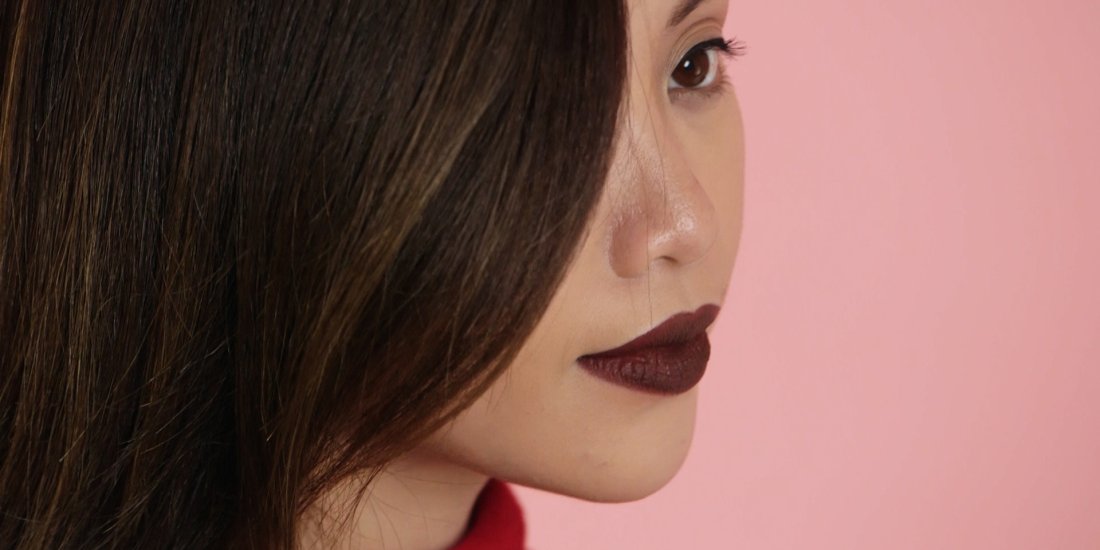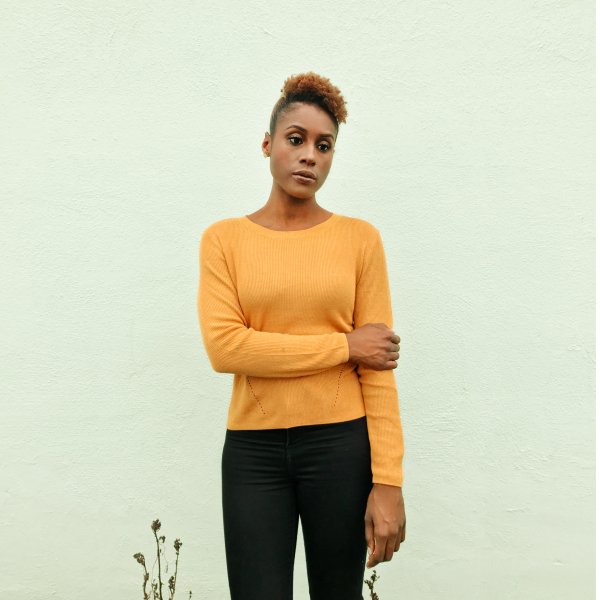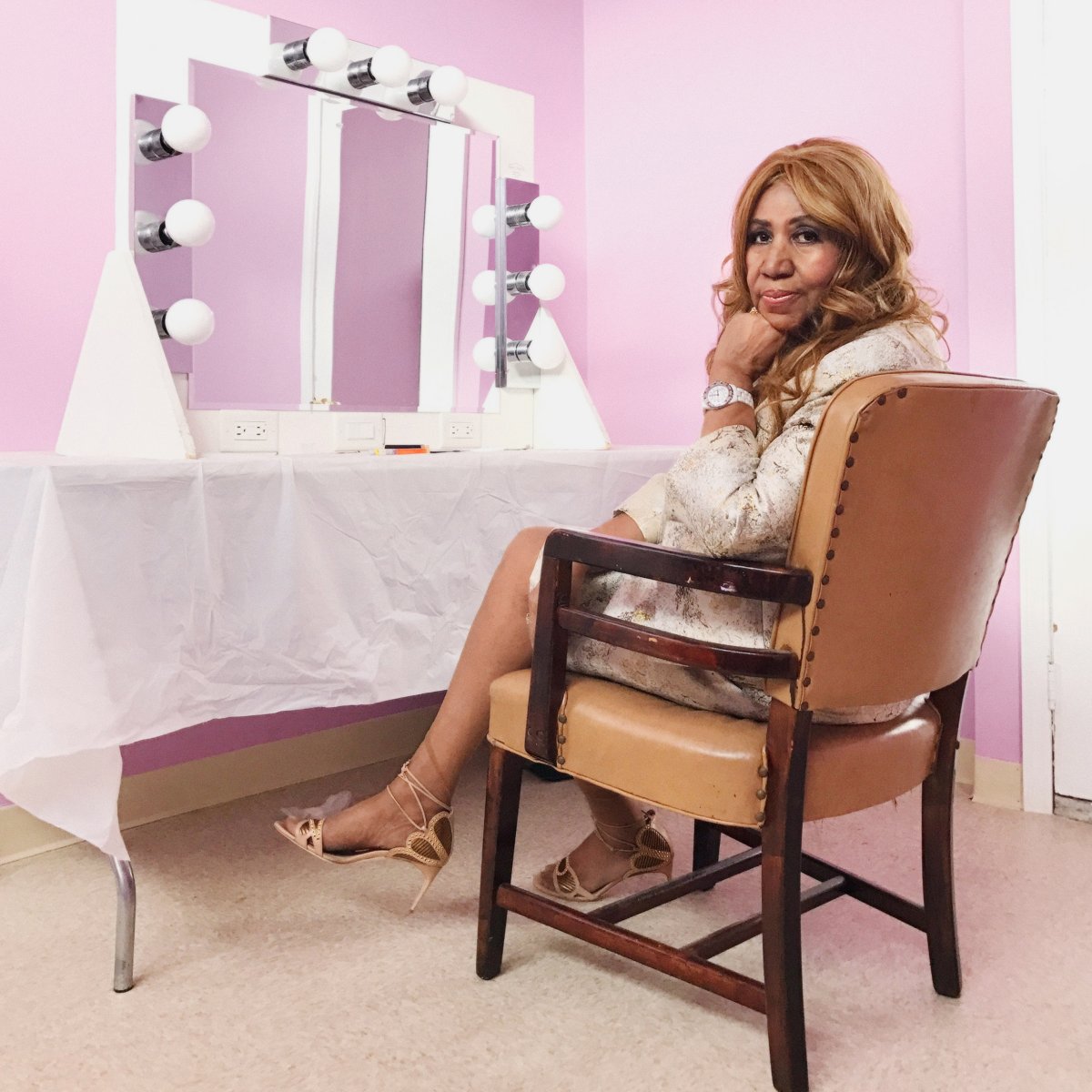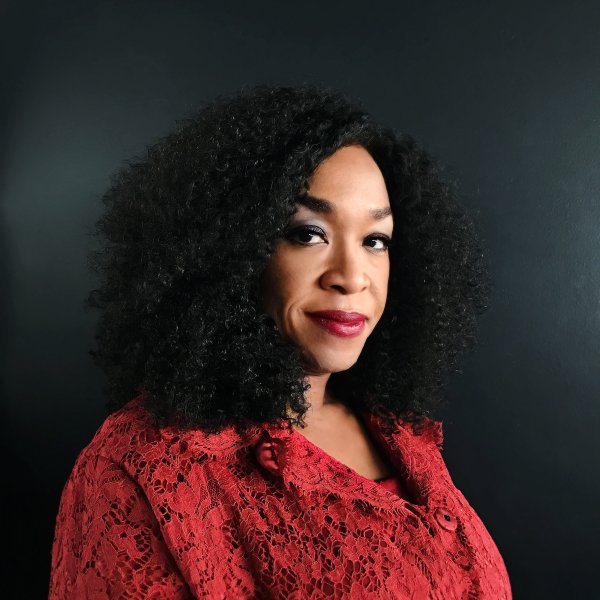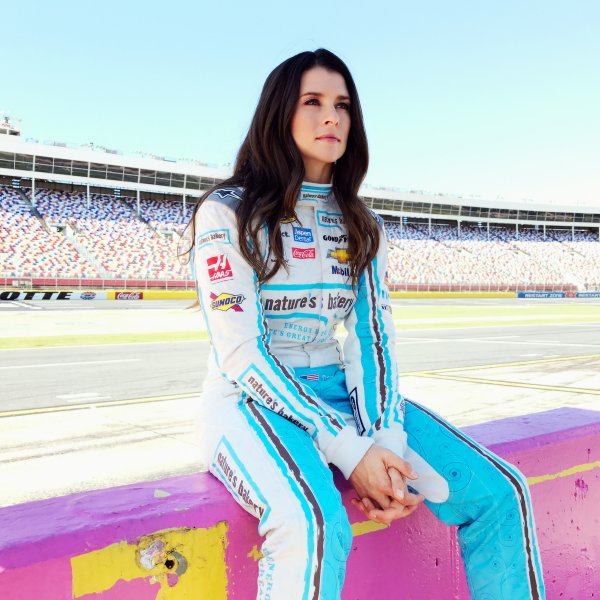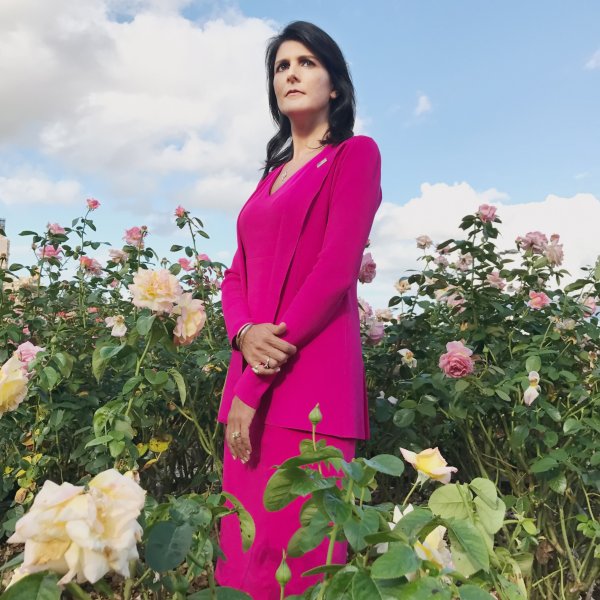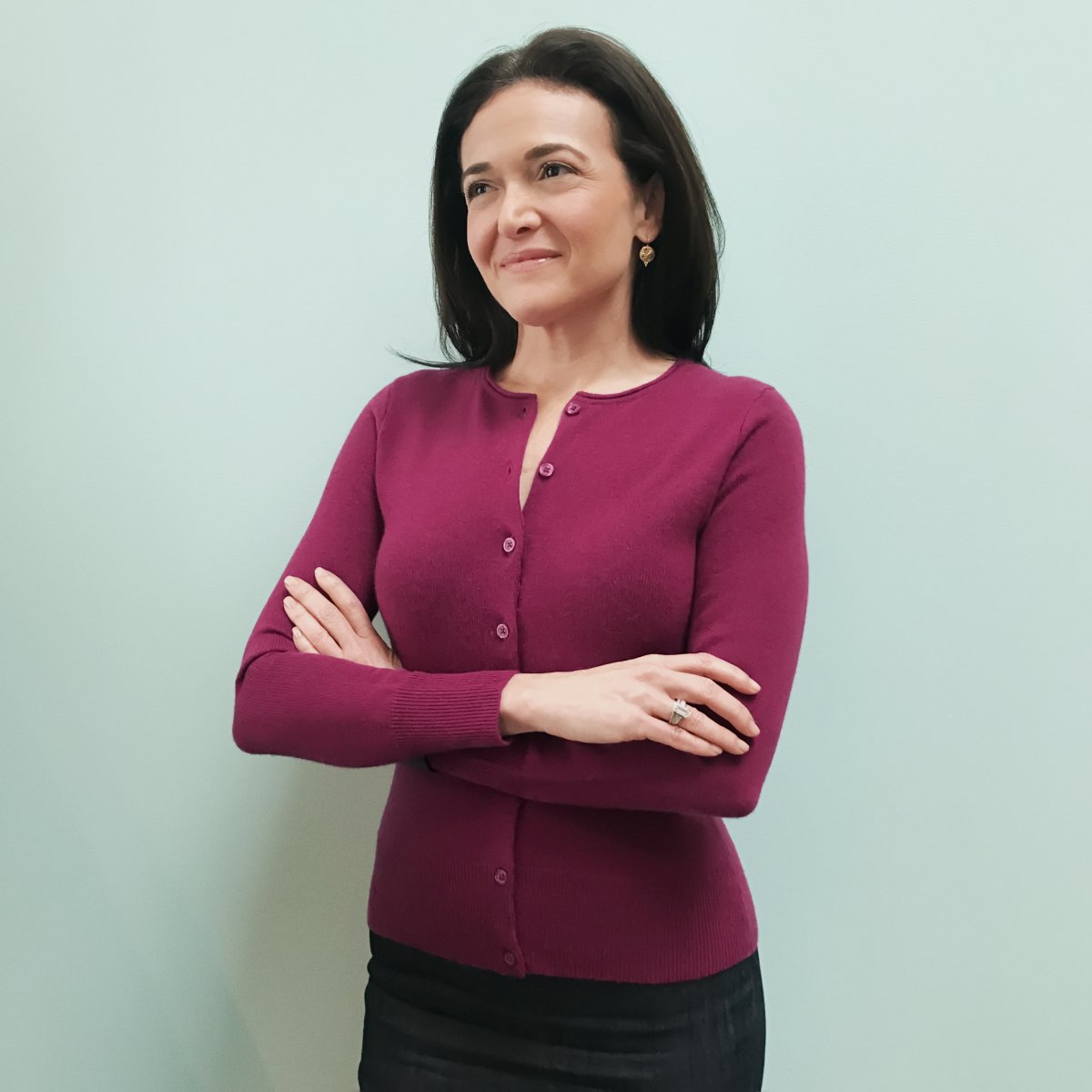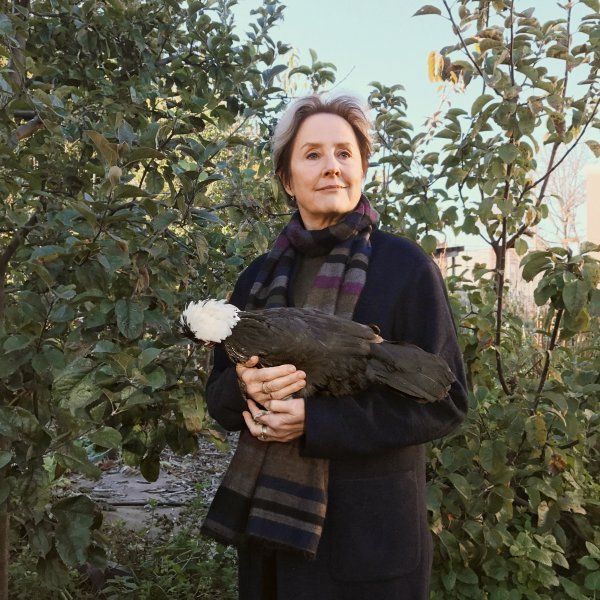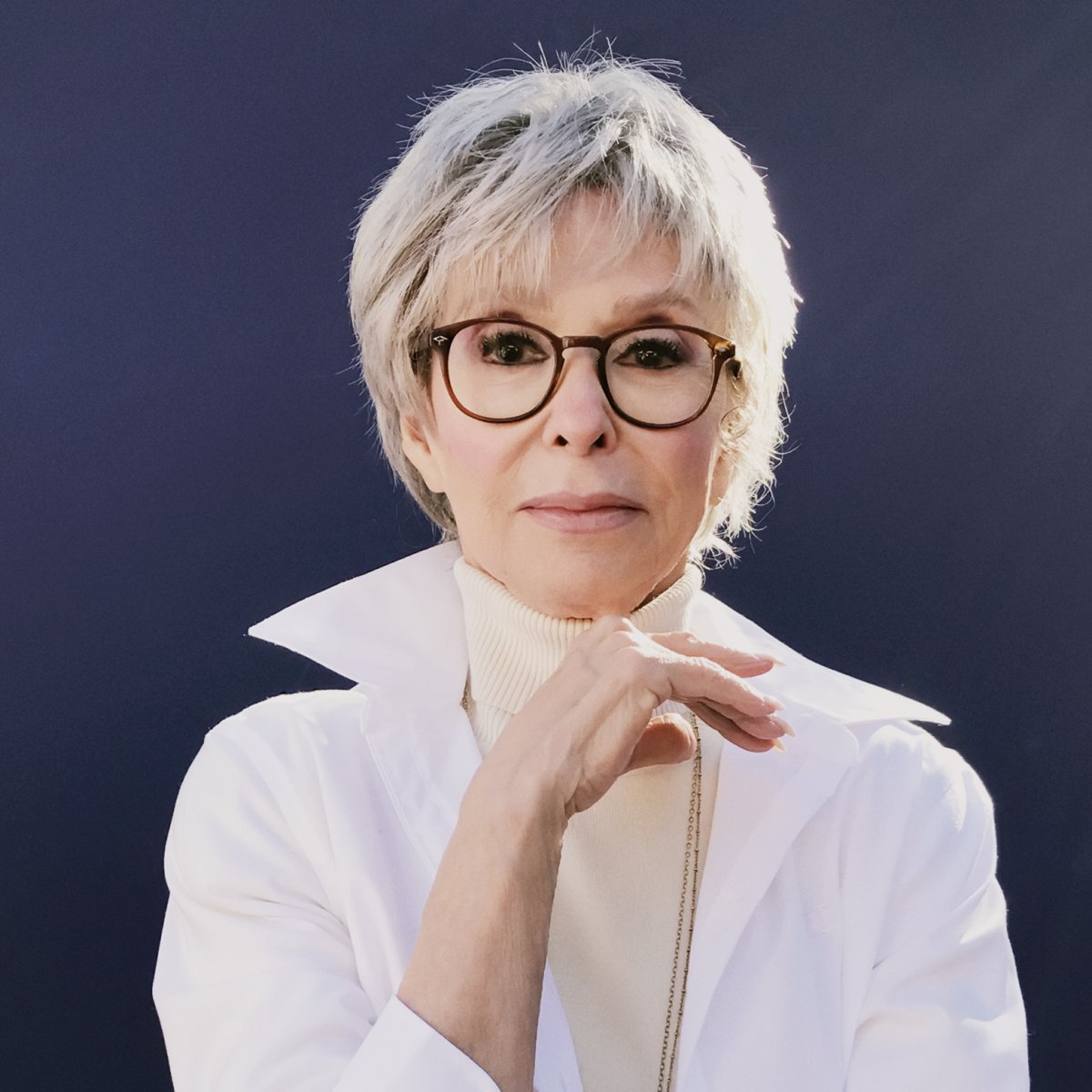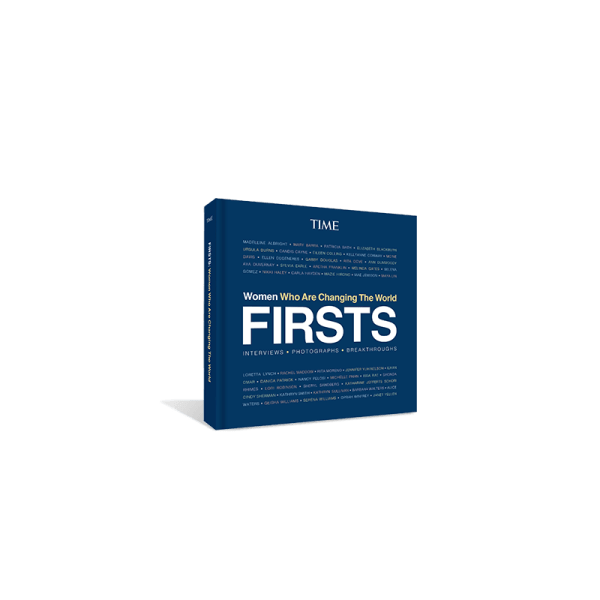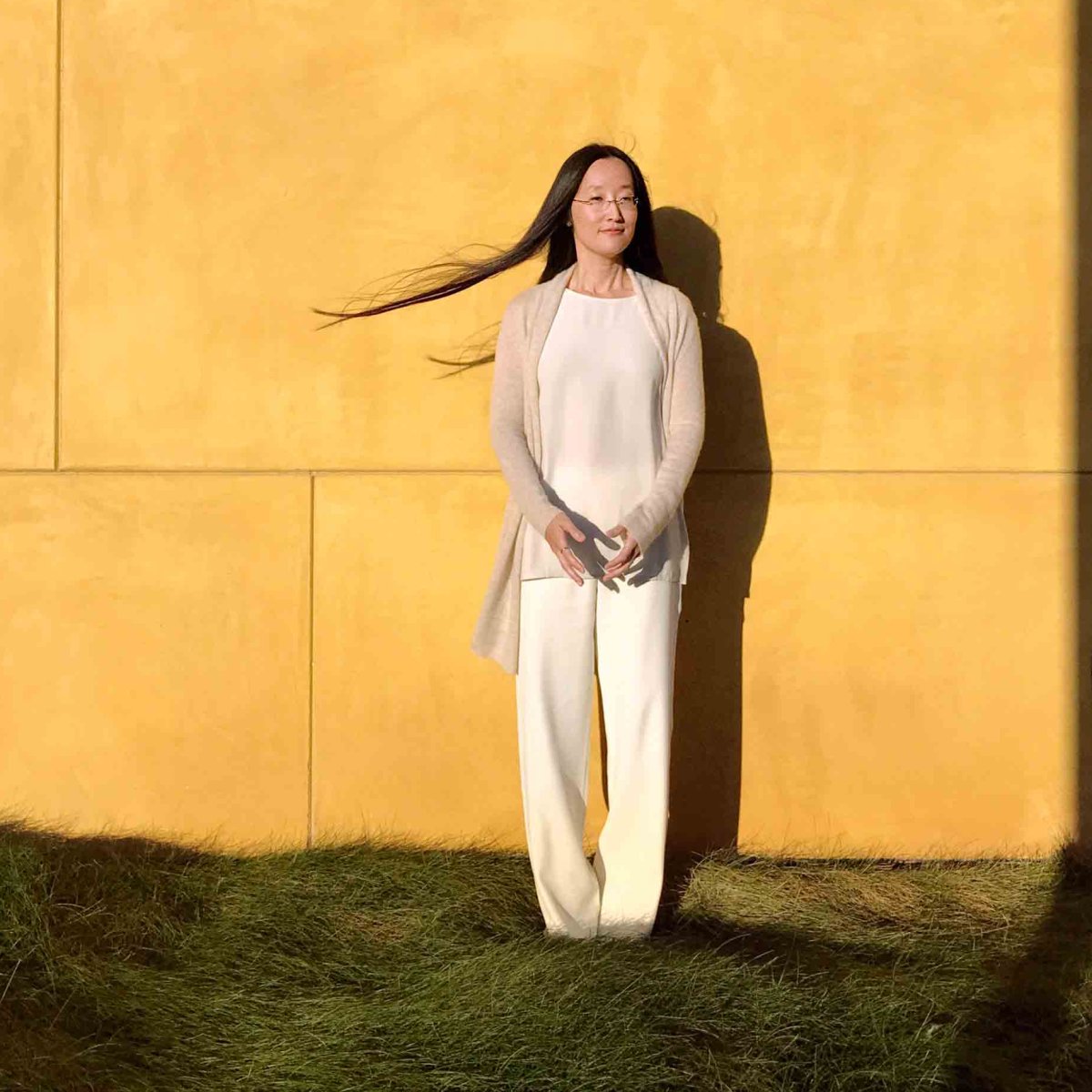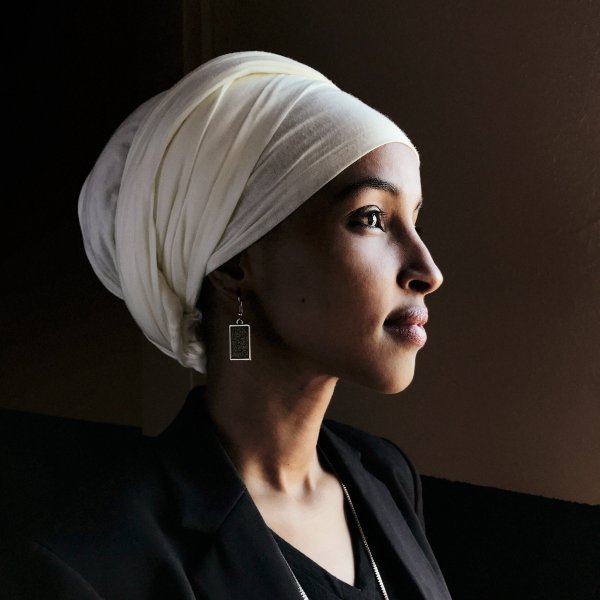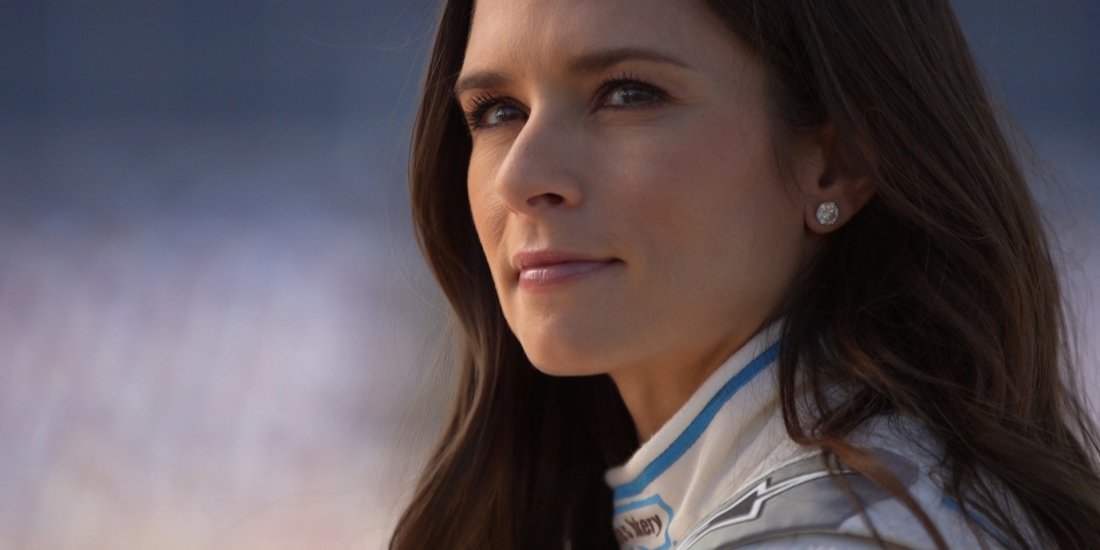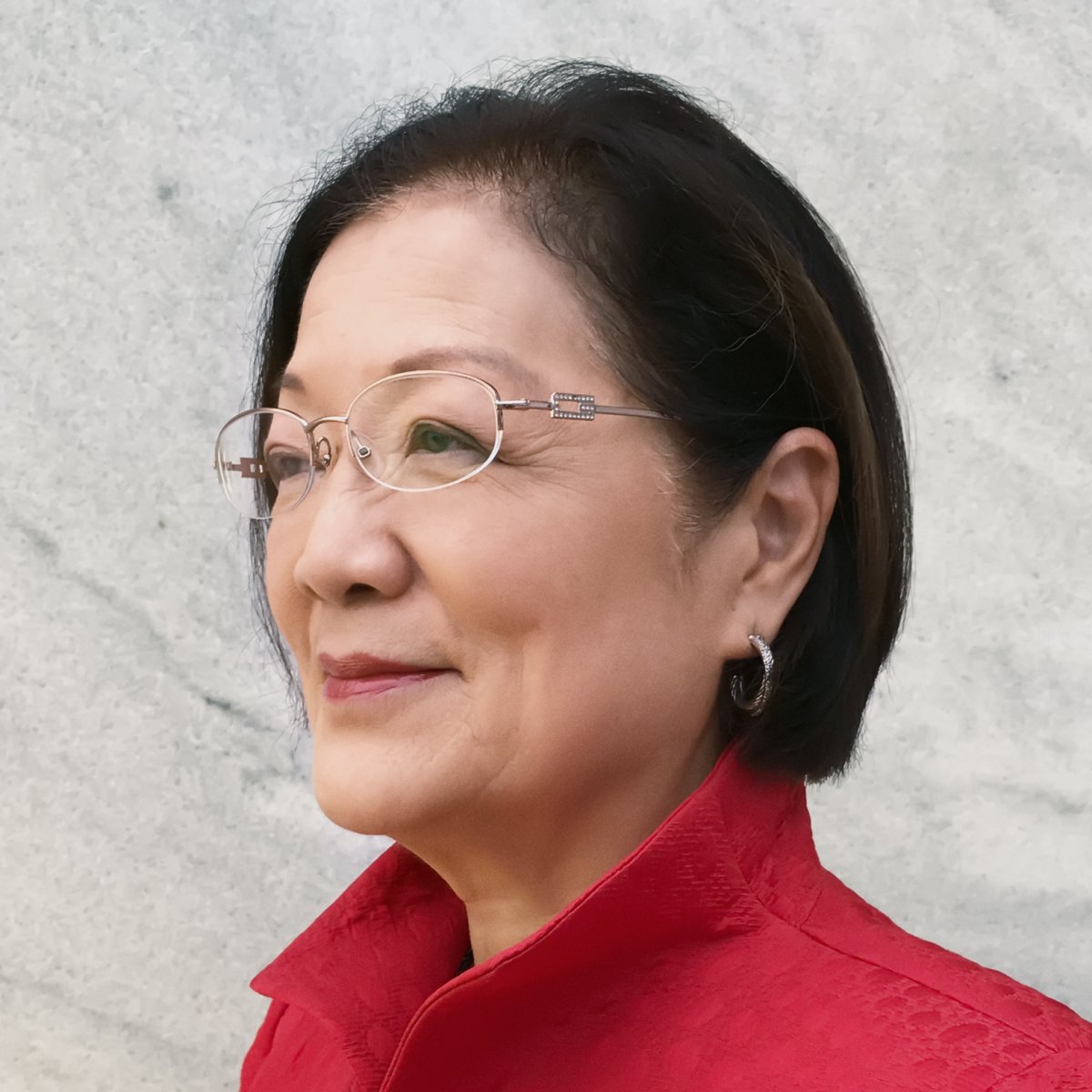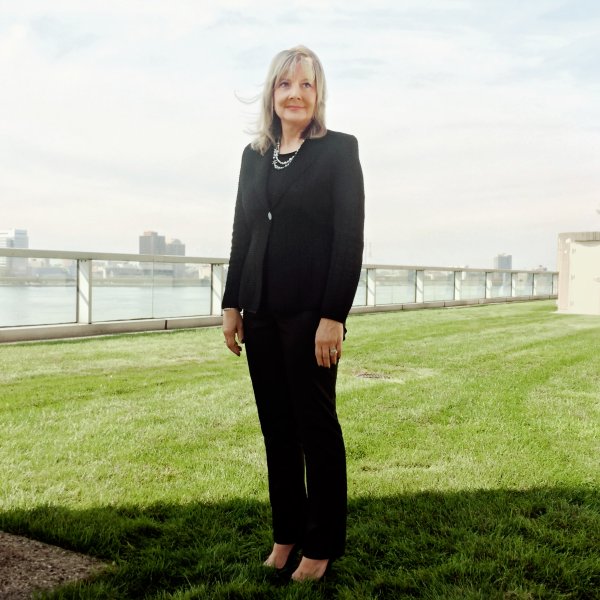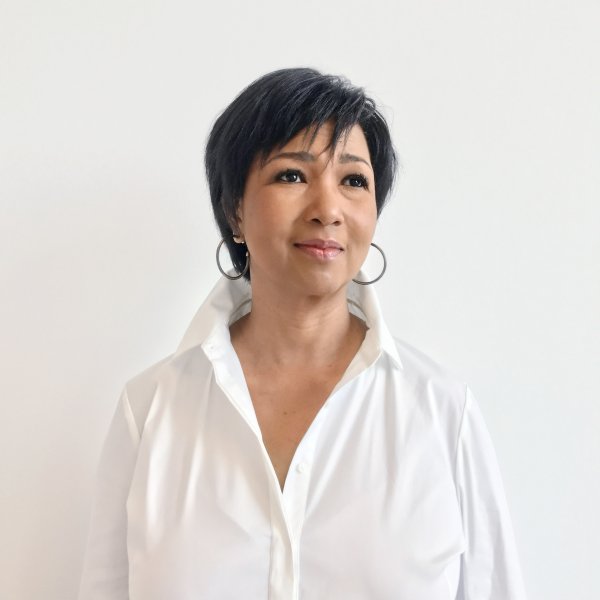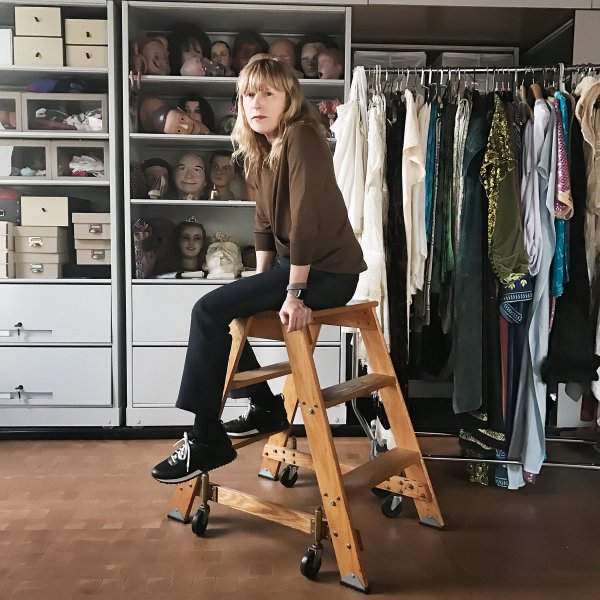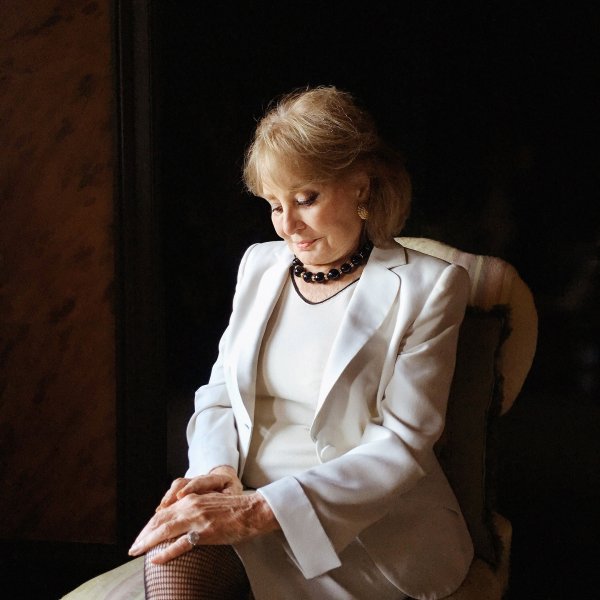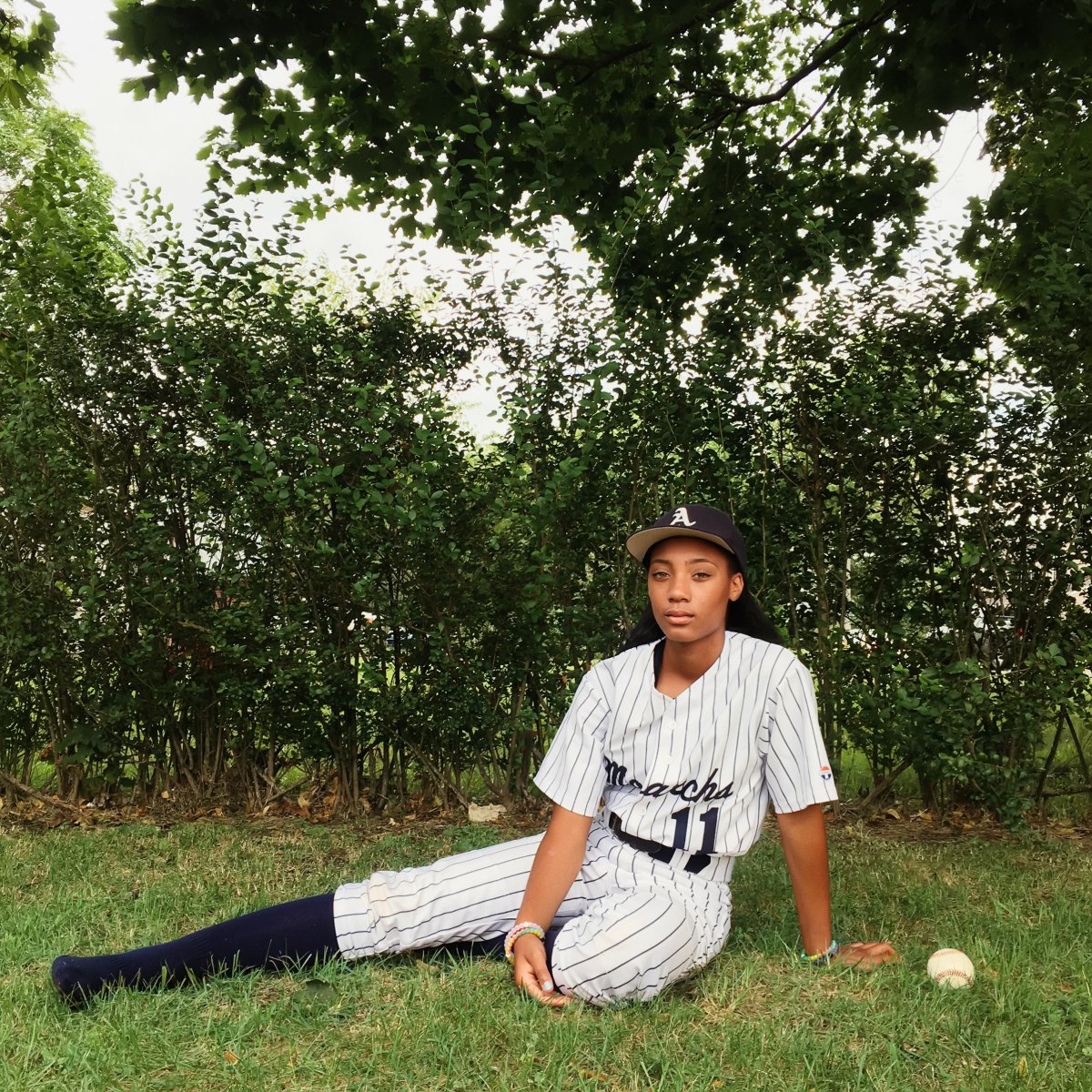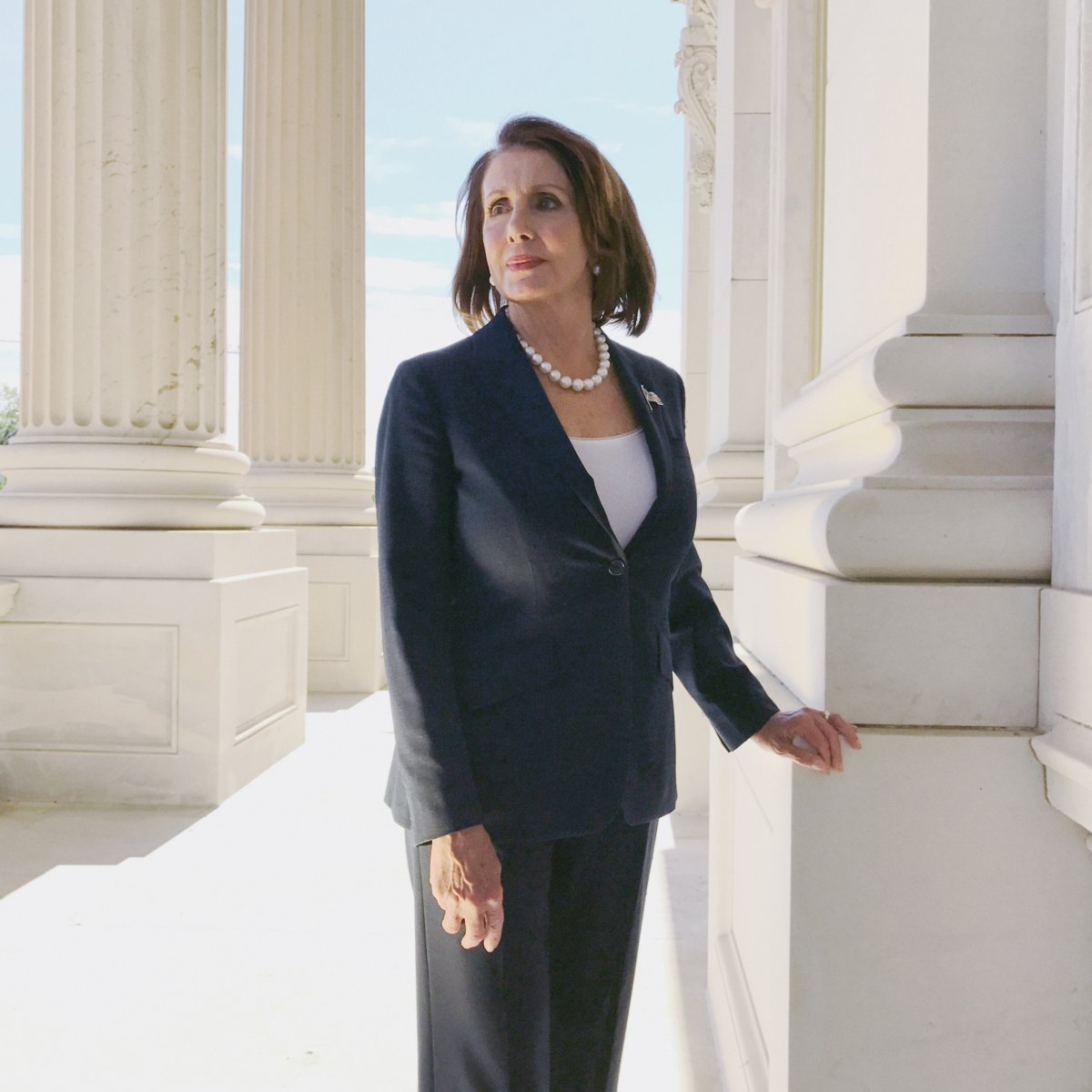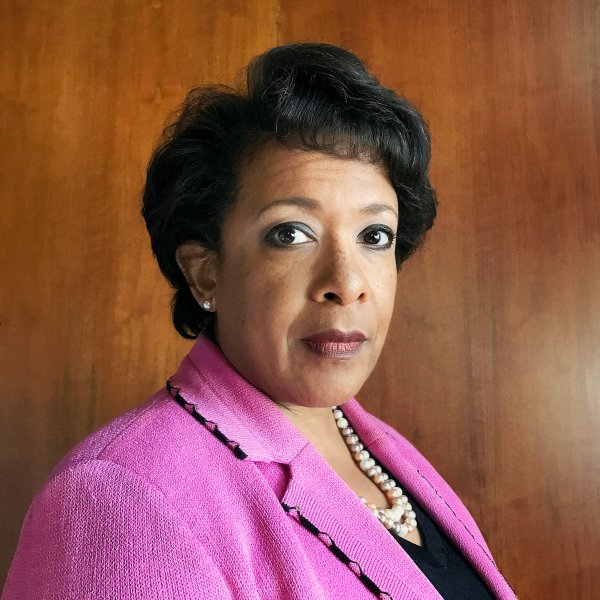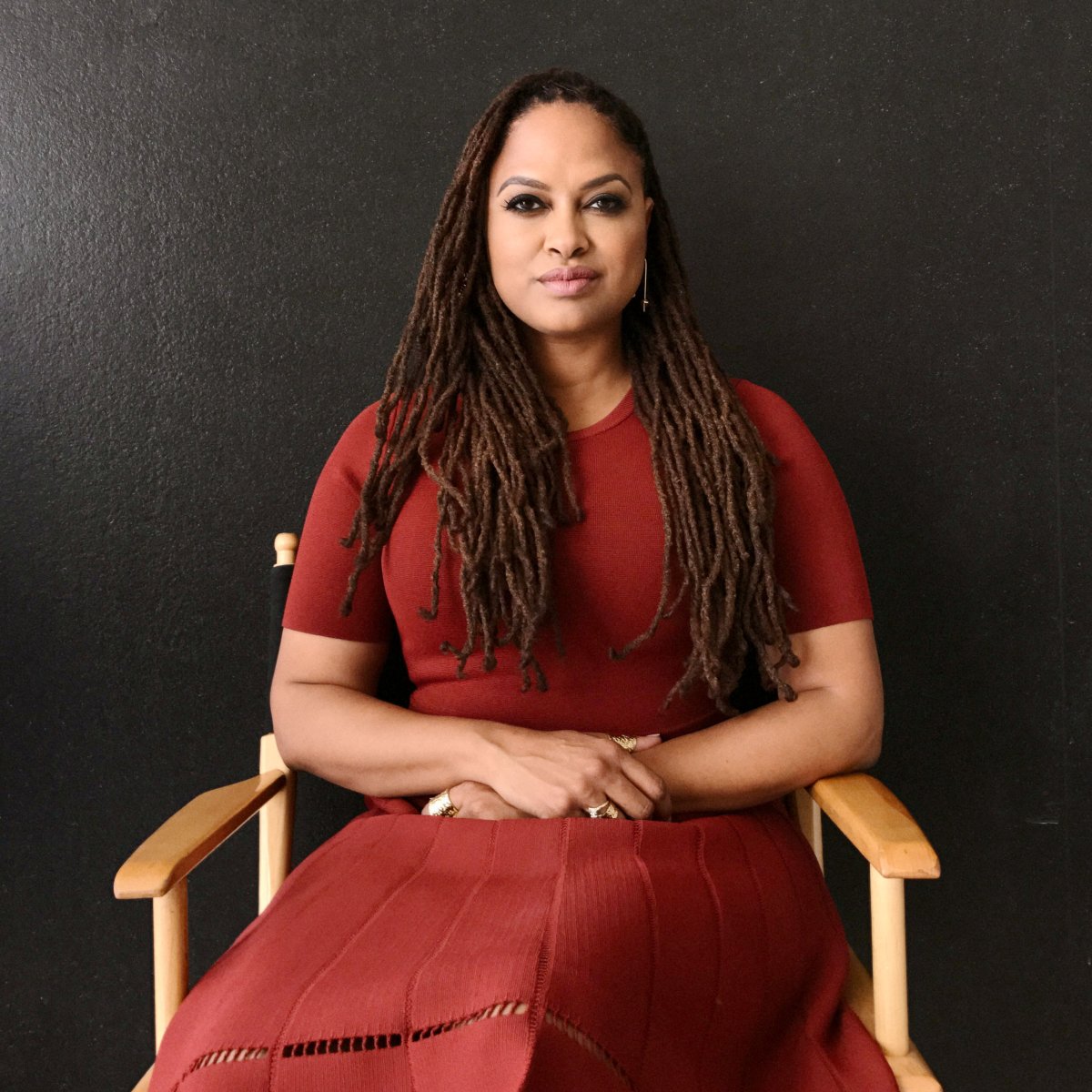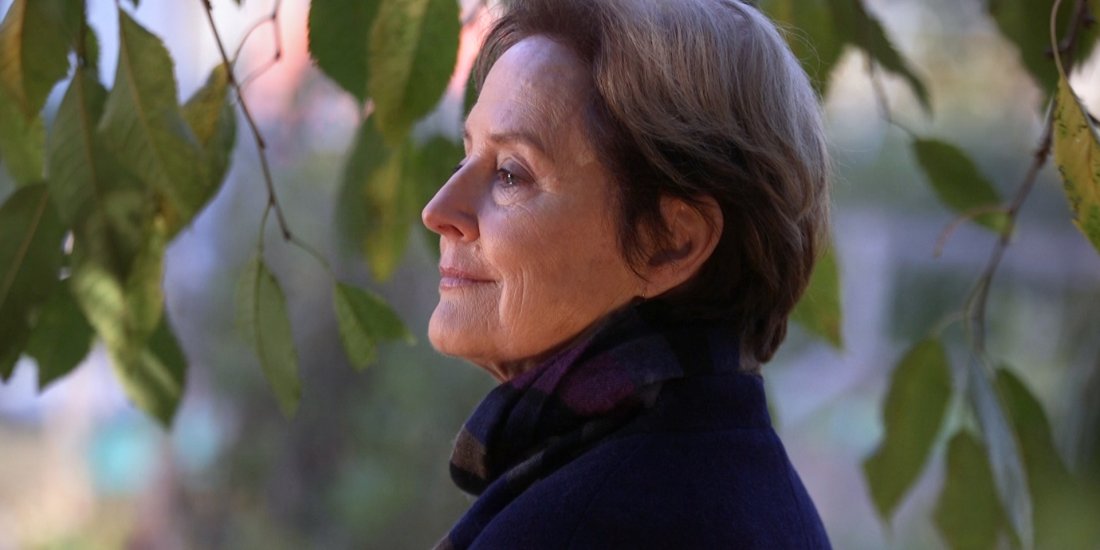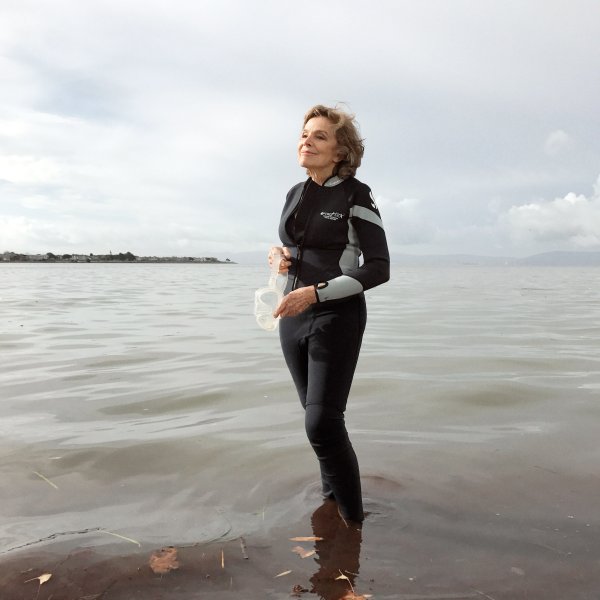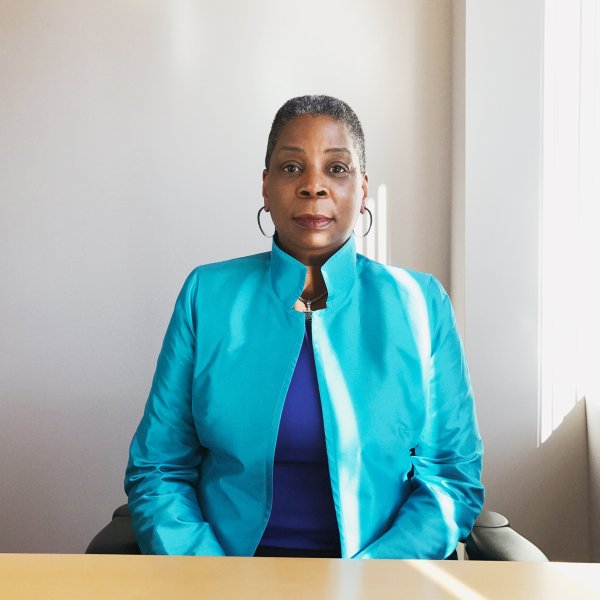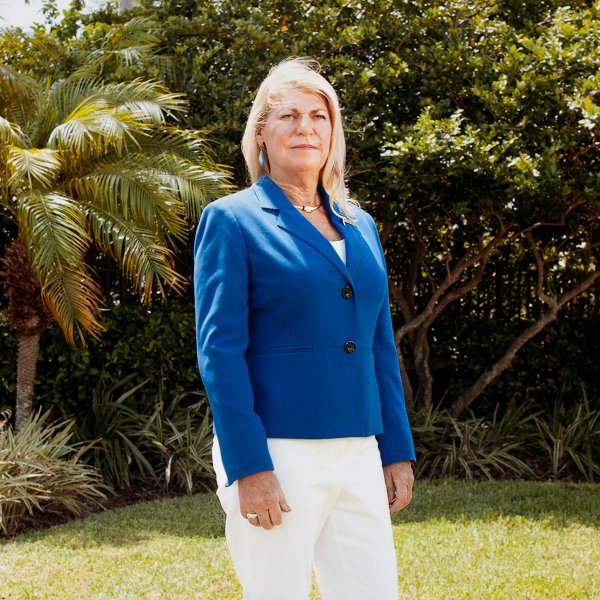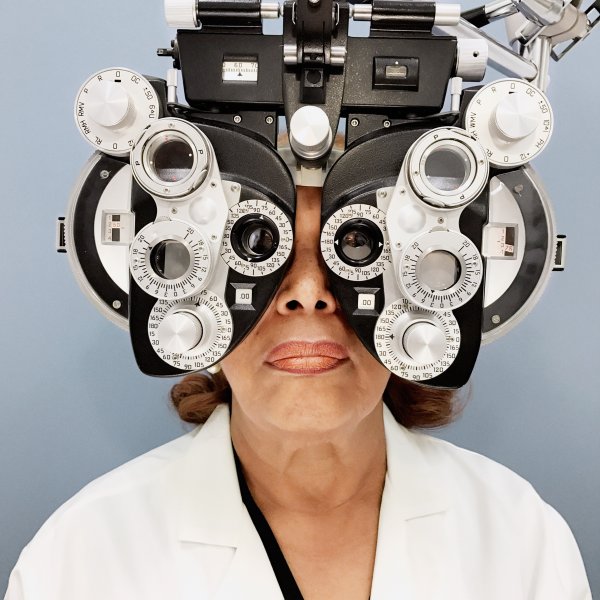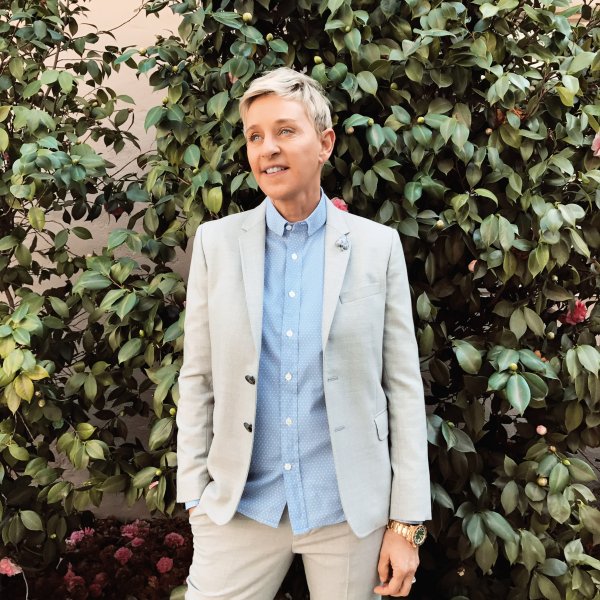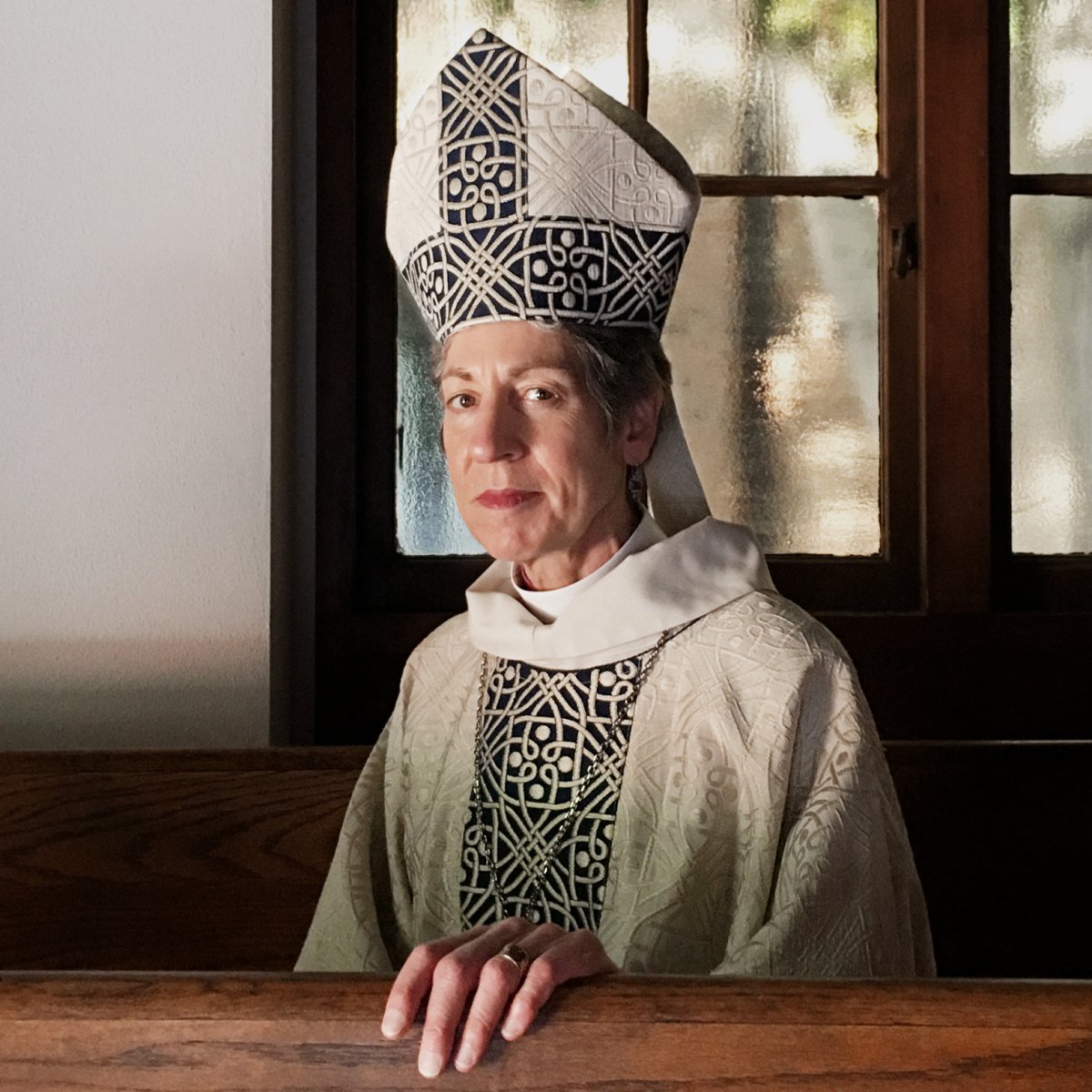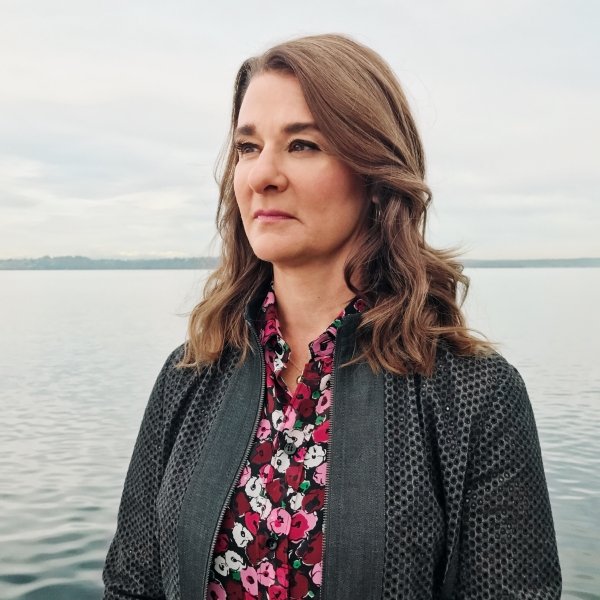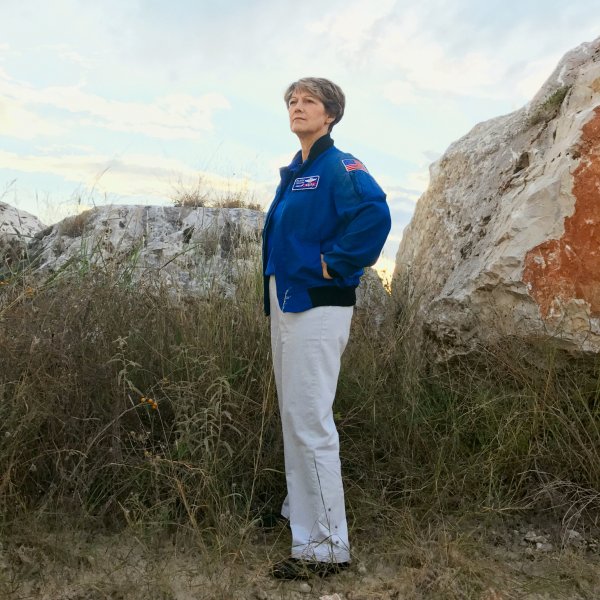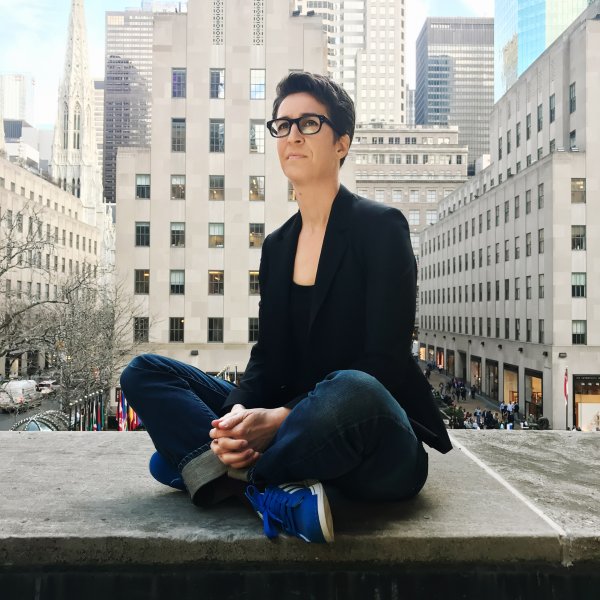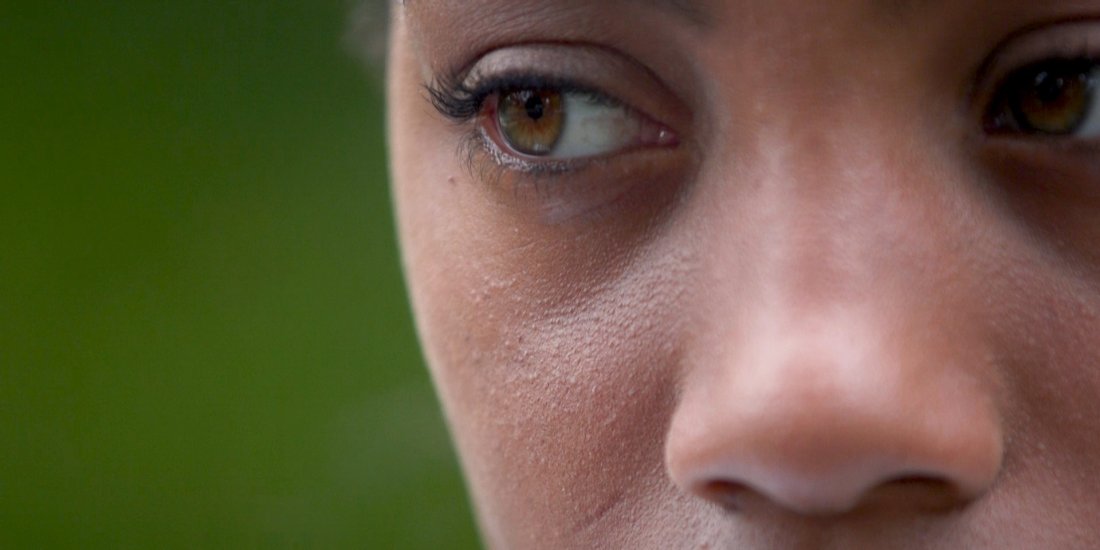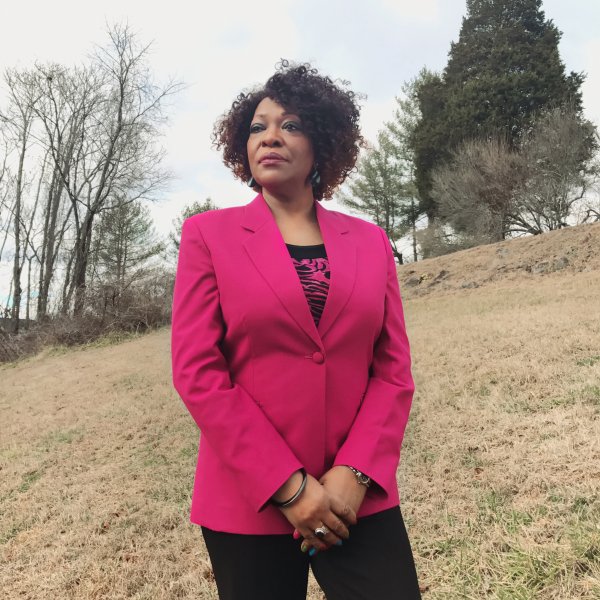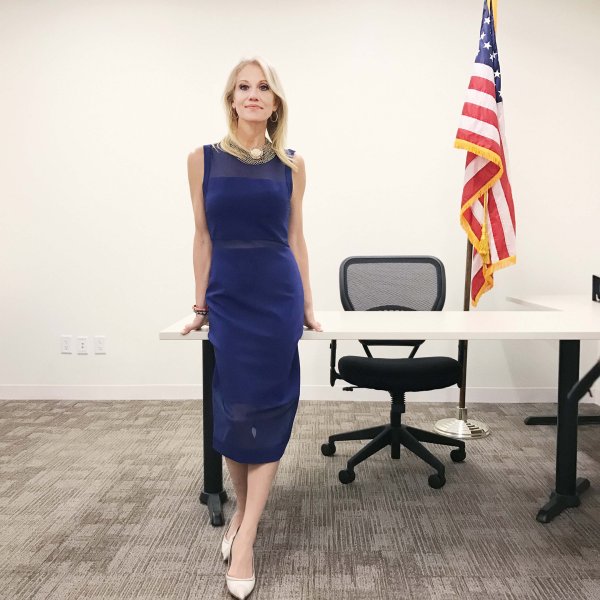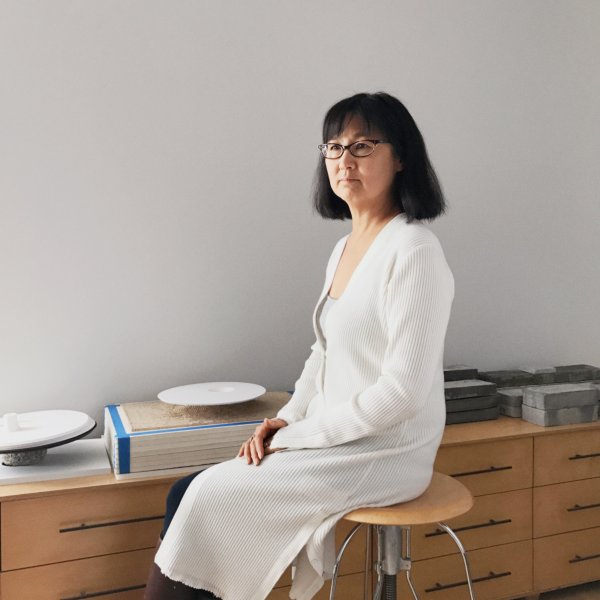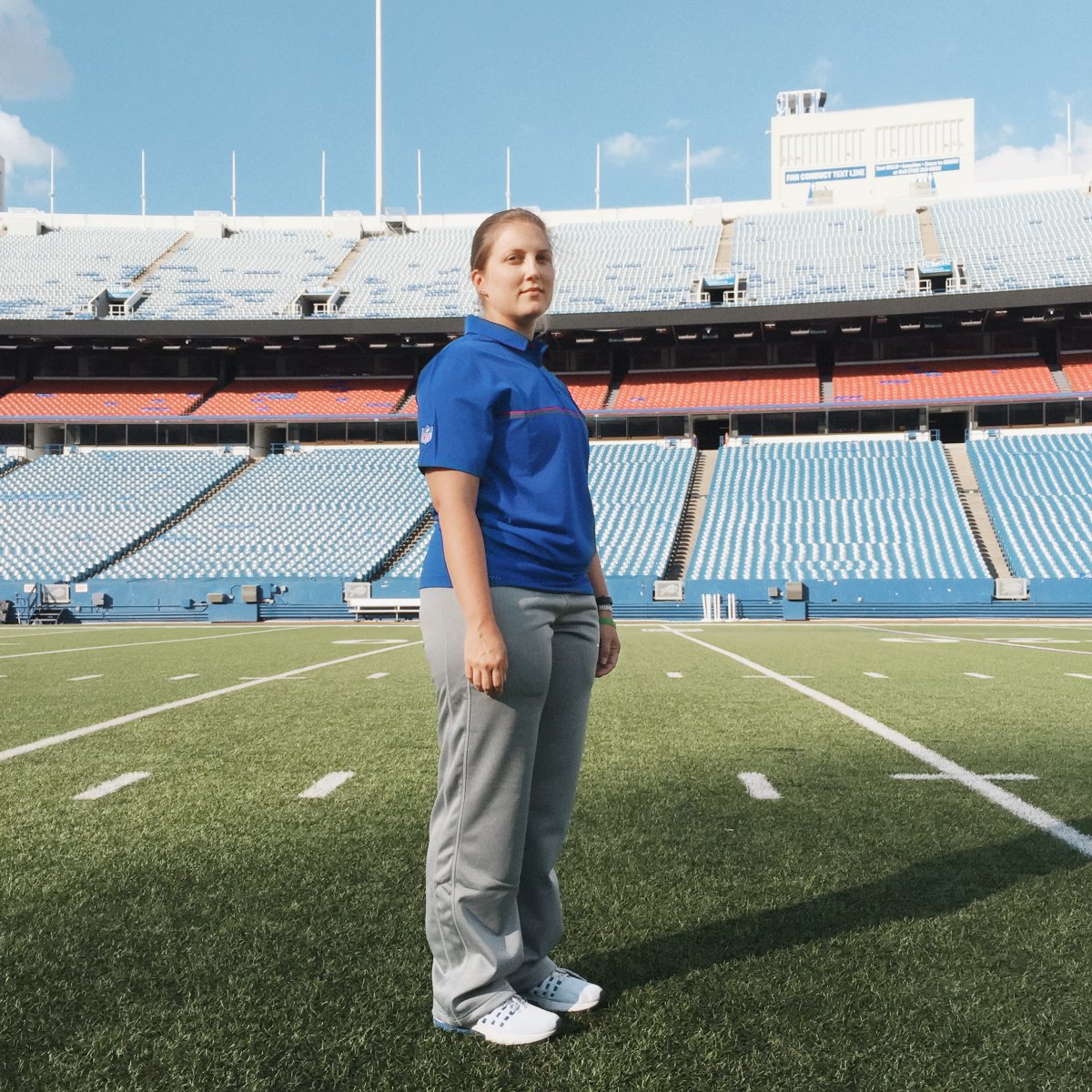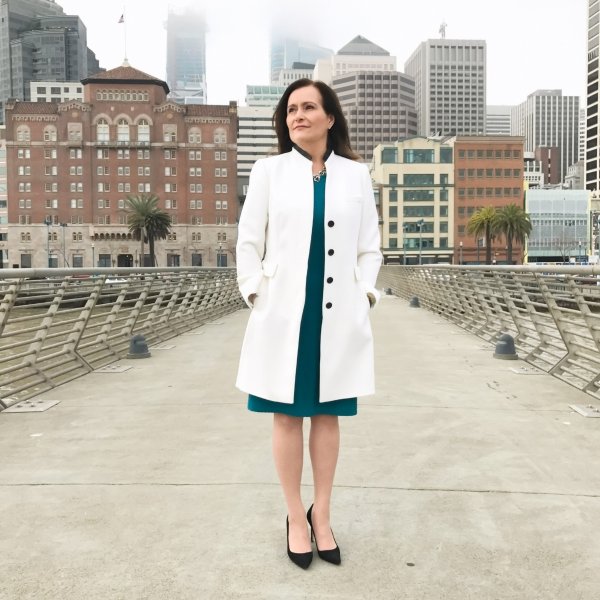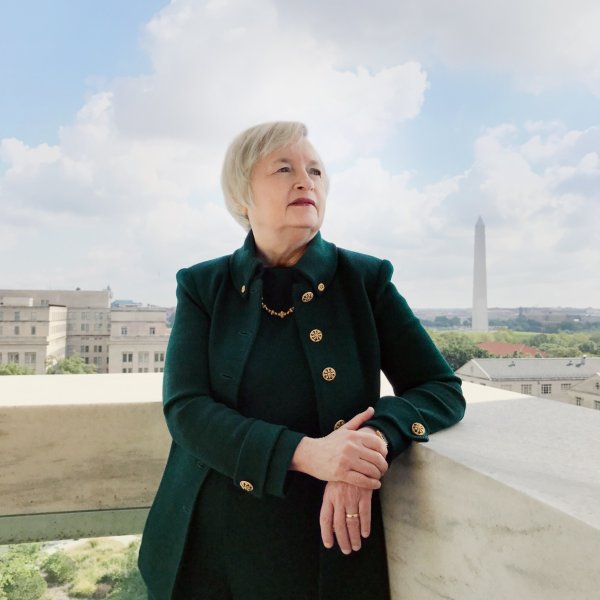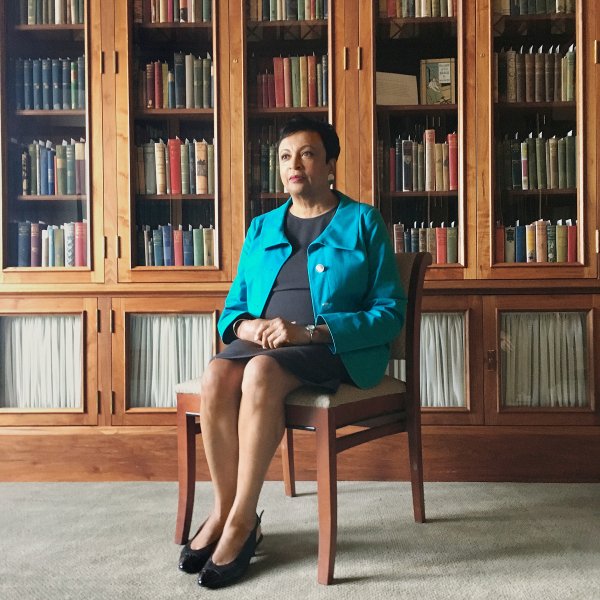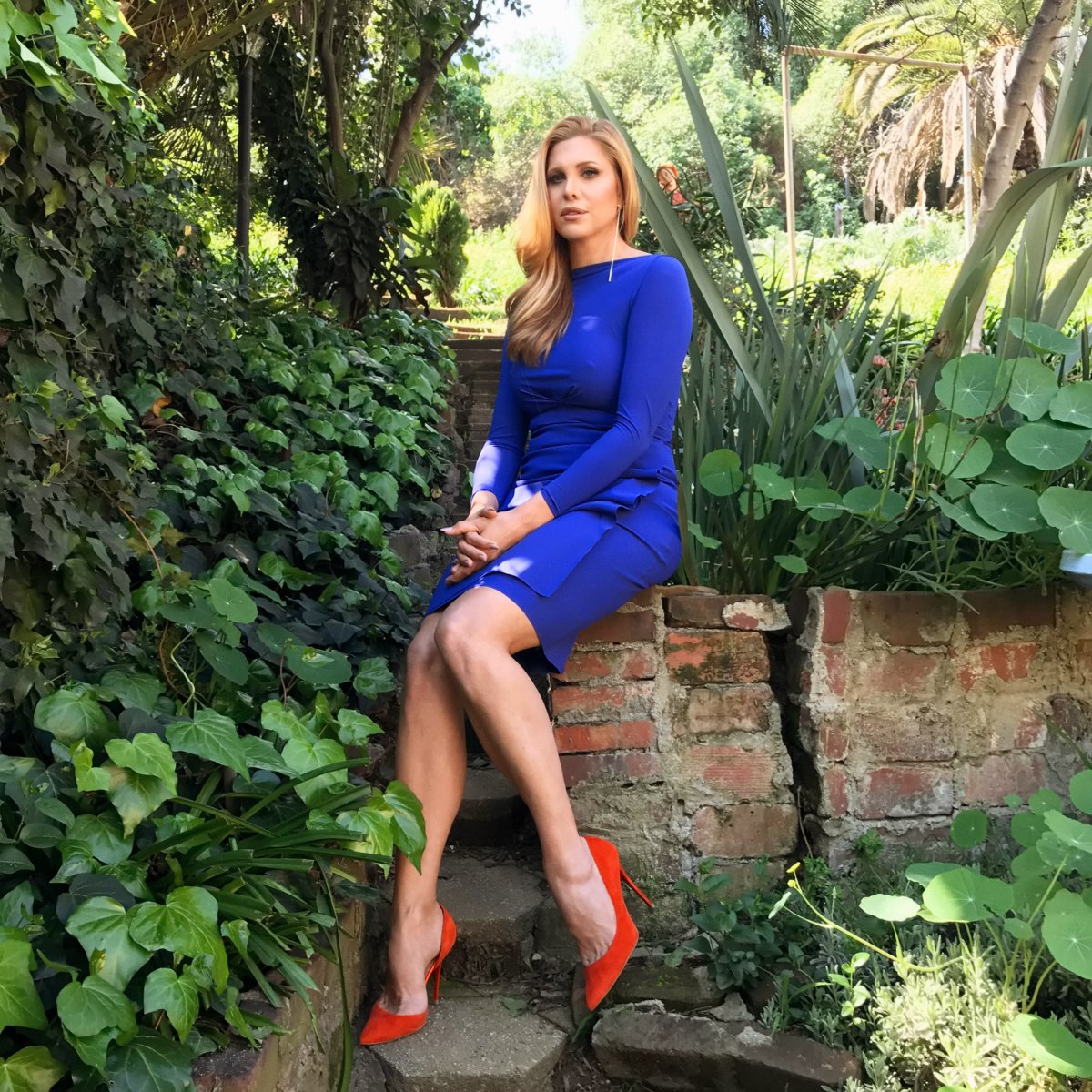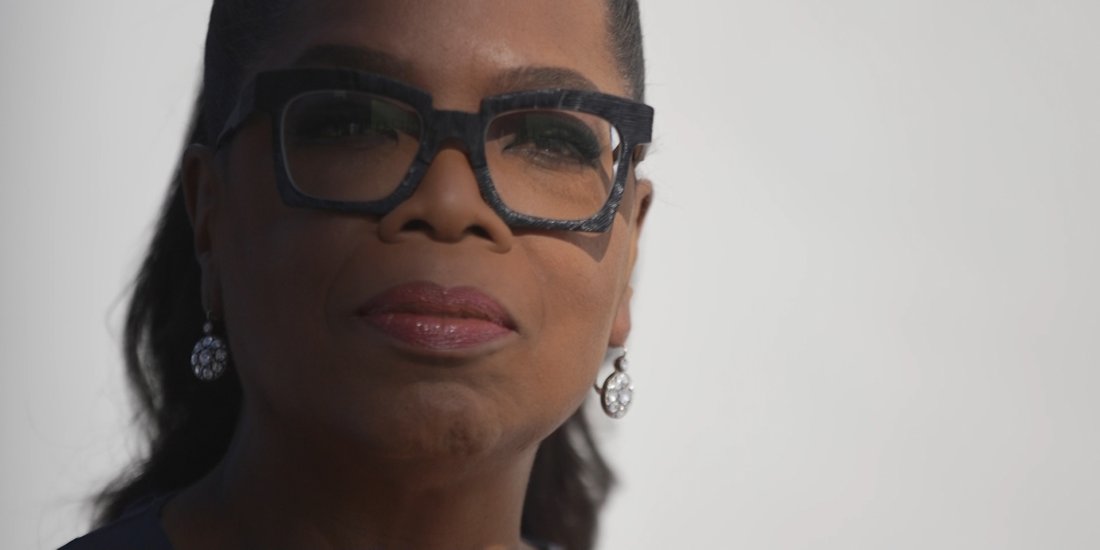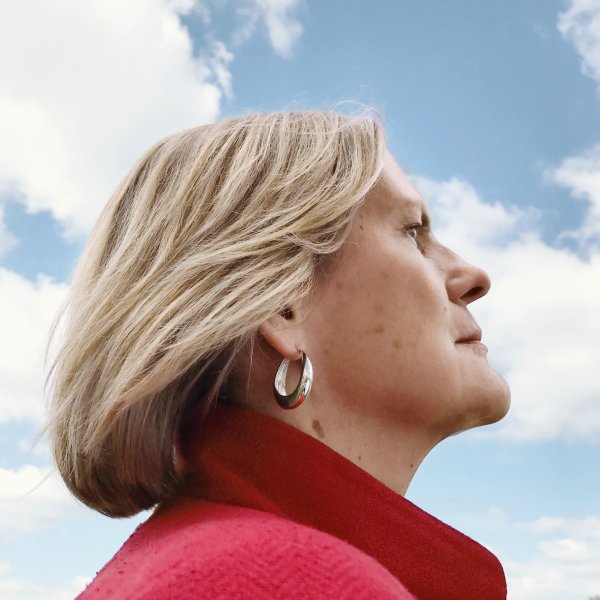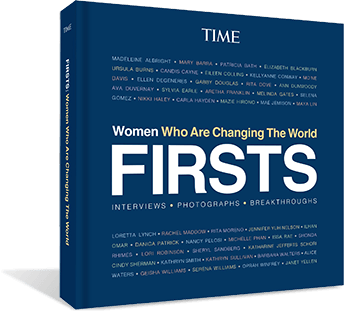The Pro
Serena Williams
First tennis player to win 23 Grand Slam singles titles in the open era
Interview
‘I would have loved to have had a role model.’
I am the youngest of five girls. My sisters say I was a little bratty when I was growing up, but being the youngest, I always just wanted to be around them, always wanted to hang out. I started playing tennis because I always copied what they did, especially Venus. I wanted to be her twin. When she wanted to play tennis, I wanted to play tennis. When she played a tournament, I wanted to play a tournament. She’s the only person on this planet who can relate to the things that I have gone through because we have gone through them together. I wouldn’t be who I am today if I had to do it without her.
My dad put me in tennis when I was so young, so I always thought that was what I was going to do. There wasn’t a moment where I decided to dedicate my life to it—I already had when I was 3 years old.
It isn’t easy to be on the world stage and have people comment about your body. “It’s too strong.” “It’s too much.” There’s always criticism about what I wear. Is it too sexy? Is it too fashionable? Is it too much? When criticism happens, I try to take a moment to appreciate myself. There will always be criticism—you have to have so much self-confidence and love for yourself. Once you have that wall of confidence, the criticism can hit against that wall and bounce right off.
I think the biggest criticism that I have received, along with my female peers, is when someone says that we don’t deserve as much prize money as our male counterparts. In 2016, the CEO of Indian Wells said women players ride on the coattails of men, and thanked certain male players for carrying the sport. I have been in so many finals, either when I played my sister or other opponents, that were the most watched finals in the history of the tournament. So to hear that we as women should thank the men … I was like, Wait a minute!
I see these young women, including myself, who are working so hard and training for hours and hours every day just to have the opportunity to go out on the court and play their best. There shouldn’t be any double standard.
My sister and I boycotted Indian Wells for 14 years due to a separate, unfortunate experience. But when I did return in 2015, I saw so many people—young kids, young black girls—so excited to see me. One girl was holding up a sign that said “Straight Outta Compton”—that’s where my sister and I first learned how to play tennis. To see that little girl having the dream to play tennis too was incredible. In that moment, I realized my presence there was helping people. I was able to embrace that moment and fully appreciate it.
The world of tennis has come such a long way. We’ve had wonderful pioneers, such as Billie Jean King, who have been able to put us in the position to demand equal pay, equal prize money and equal big court appearances. We still have steps to take, but compared to other sports like soccer and golf, I think we’ve made some really big leaps because of our leadership. It is important for young black girls and young women of all races to have someone to look up to. Growing up, I would have loved to have had that type of role model.
Williams, who has been playing professional tennis since 1995, has won 72 singles titles, 23 doubles titles and four Olympic gold medals.
